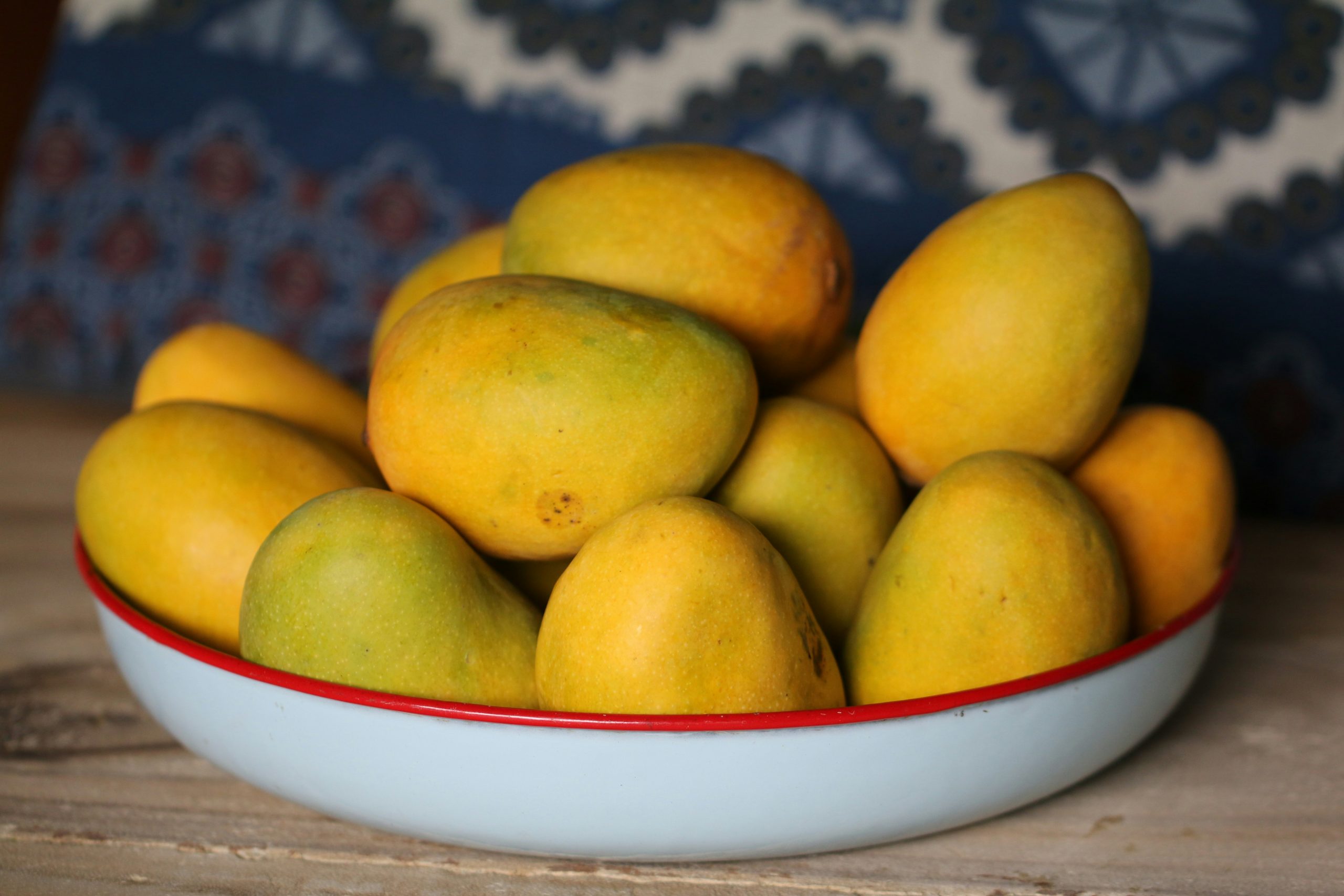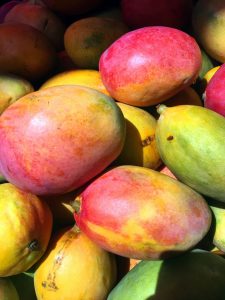
Diabetes Risk Can Surprisingly Be Lowered by Consuming This Sweet Food
 It’s a common belief that people with diabetes or those at risk should avoid sweet foods altogether. However, new research suggests that one of the sweetest fruits, mangoes, may actually help improve blood sugar regulation and reduce diabetes risk. Often celebrated for their tropical flavour, mangoes are now being recognised for their potential health benefits, according to a study published in the journal Nutrients.
It’s a common belief that people with diabetes or those at risk should avoid sweet foods altogether. However, new research suggests that one of the sweetest fruits, mangoes, may actually help improve blood sugar regulation and reduce diabetes risk. Often celebrated for their tropical flavour, mangoes are now being recognised for their potential health benefits, according to a study published in the journal Nutrients.
The study, conducted by the Illinois Institute of Technology, explored the effects of fresh mango consumption on insulin resistance and inflammation in overweight and obese adults. Over a four-week period, 48 participants aged 20 to 60 were divided into two groups. One group consumed two pre-portioned cups of mango daily, while the other consumed an equivalent calorie amount of Italian ice, a sugary frozen dessert. Both groups maintained their usual diets and lifestyles.
The results were striking. Participants in the mango group experienced significant reductions in insulin resistance and improved beta-cell function, which is critical for the pancreas to regulate blood sugar levels. Additionally, their insulin concentrations dropped notably by the end of the study, while the control group showed no such improvements. Interestingly, despite the caloric intake, the mango group maintained stable body weight, whereas the control group experienced a slight weight gain.
The Science Behind Mangoes’ Benefits
 The researchers suggest that the antioxidants and fibre in mangoes may play a key role in improving blood glucose control. Unlike added sugars, the naturally occurring sugars in mangoes are accompanied by beneficial nutrients that mitigate their impact on blood sugar levels. This finding challenges the misconception that mangoes, due to their natural sugar content, are unsuitable for those managing diabetes or obesity.
The researchers suggest that the antioxidants and fibre in mangoes may play a key role in improving blood glucose control. Unlike added sugars, the naturally occurring sugars in mangoes are accompanied by beneficial nutrients that mitigate their impact on blood sugar levels. This finding challenges the misconception that mangoes, due to their natural sugar content, are unsuitable for those managing diabetes or obesity.
Professor Indika Edirisinghe, the study’s lead researcher, emphasised the broader implications of these findings. “Our study suggests that adding fresh mangoes to the diet can be a simple, enjoyable way for people who are overweight or have obesity to support better insulin function and reduce type 2 diabetes risk,” she stated.
A Balanced Approach to Mango Consumption
While mangoes offer promising benefits, experts caution against overindulgence. Erin Palinski-Wade, a New Jersey-based dietitian and author of 2-Day Diabetes Diet, highlighted the importance of carbohydrate balance. “Mangoes can be a great addition to a diabetes meal plan, but they are not the only food that can provide these benefits,” she said, recommending pairing mangoes with lean proteins and healthy fats to prevent blood sugar spikes.
Palinski-Wade also noted that other foods, such as almonds, avocados, and berries, offer similar protective benefits. She advised spacing mango consumption throughout the day to maximise its advantages without overwhelming the body’s ability to manage blood sugar.
While the findings are promising, it is important to assess the study critically. The research was published in a peer-reviewed journal, which adds credibility to the findings. However, the study was funded by the National Mango Board, which could introduce potential bias. Although the researchers stated that the funding body had no influence on the study’s design or findings, industry-funded research often raises questions about impartiality.
Additionally, the study involved only 48 participants, which is a relatively small sample size. The short duration of four weeks also limits the ability to draw long-term conclusions about mangoes’ effects on blood sugar regulation and diabetes risk. Furthermore, the study focused on a specific group of overweight and obese adults with low-grade chronic inflammation. While this is a relevant population for diabetes prevention, the findings may not apply to all individuals, particularly those with different health conditions or dietary patterns.
Despite these limitations, the study provides valuable insights into the potential benefits of mangoes. The improvements in insulin sensitivity and beta-cell function, without weight gain, are noteworthy and suggest that mangoes could be a beneficial addition to a balanced diet. However, it is essential to view these findings as preliminary and to await further research before making significant dietary changes.
 Mangoes and the Path to Better Health
Mangoes and the Path to Better Health
Beyond its impact on insulin sensitivity, the study found that mangoes could serve as a heart-healthy alternative to calorie-dense desserts. The researchers observed no significant changes in inflammation markers or glucose levels between the two groups, further supporting mangoes as a healthier option for satisfying sweet cravings.
While the study offers exciting insights, more research is needed to fully understand the mechanisms behind mangoes’ benefits. Larger, longer-term studies with diverse populations would help confirm these findings and explore the role of antioxidants, fibre, and other bioactive compounds in mangoes.
This research underscores the potential of whole fruits like mangoes in promoting health and managing chronic conditions. As Palinski-Wade aptly put it, “Fruit should not be off-limits with diabetes. Recommended whole fruits, like mango, can be an effective way to enjoy sweet satisfaction while reducing added sugars in the diet and improving overall blood sugar regulation.”
For those looking to make healthier dietary choices, mangoes offer a delicious and nutritious way to support better health. Whether enjoyed fresh, in smoothies, or as part of a balanced meal, this tropical fruit may hold the key to sweeter, healthier living. However, as with any dietary recommendation, moderation and balance remain essential.
No Comments
Leave a Reply
You must be logged in to post a comment.
